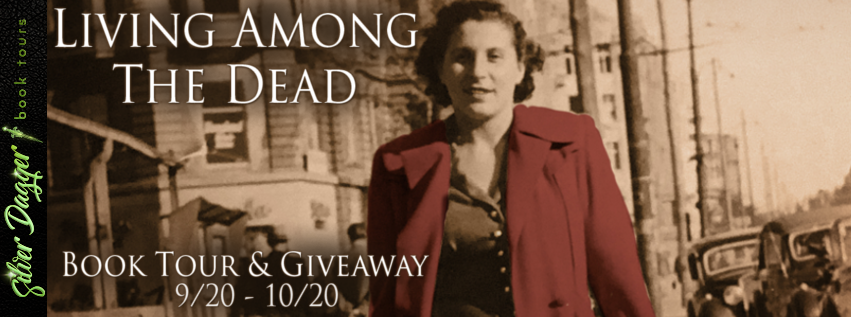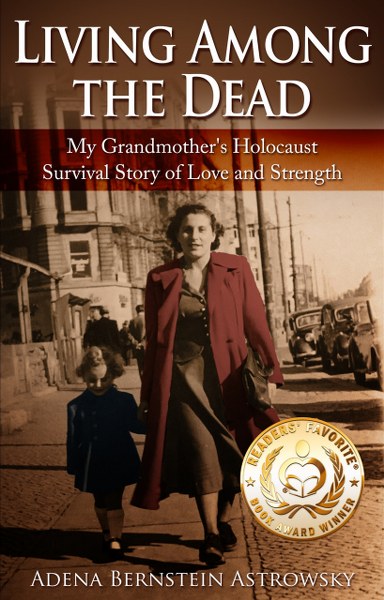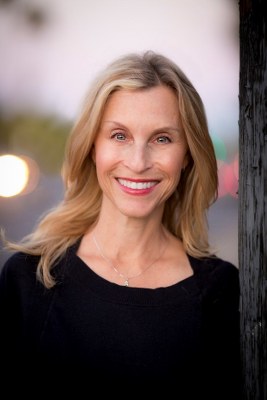What do you think about the general knowledge of the Holocaust?
Like most members of my generation, born three decades
after the end of World War II, I came to my own story with almost no real
understanding of the plight of Jews in the Holocaust, much less that of my own
grandmother. With no real, personal connection to the Holocaust, I think it is
unrealistic to expect others to have much more than a brief, general
understanding of the Holocaust. Unfortunately, as time goes on, this will be
even less so. I am very grateful that in my home state of Arizona, legislation
is currently being considered to make Holocaust education mandatory. The
Holocaust Education bill has passed in the House of Representatives and then
will need to be voted on in the Senate before being sent to our state’s
Governor to sign it into law. Should this get accomplished, children will be
required to learn about the Holocaust as part of the school’s curriculum.
Writing biography as a memoir will become a new genre
of books that will be both unique and important for future generations. With
the passing of time, and fewer Survivors living, we will have less and less
memoirs dedicated to detailing their stories of survival in the first person.
As such, we will become more dependent on others to write these non-fiction
books outlining the events that took place during the Holocaust. Likely, more
second and third generation survivors will need to take over the task of
learning the Survivor’s history, doing the research, and writing their story.
Doing so will be imperative in order to keep their stories alive and help
future generations by learning what is at stake if we don’t stand up against
discrimination.
In a nutshell, my grandmother’s story is about a
17-year-old girl who was living in a beautiful community surrounded by friends
and close family. As the Nazi regime gained power and Jews were targeted her
entire life changed in an instant. She went from being shy and the youngest in
her family to being an orphan, alone, and having to fend for herself.
Miraculously, she was able to survive three pogroms and escape to the forest
where she met some others in hiding. From there she was liberated and
eventually emigrated to Canada with her husband, another Survivor she met in
the forest, and their young girl. From Canada she moved to the United States
and before she passed away, her family totaled 2 daughters, 5 grand-daughters,
and 9 great-grandchildren. She left behind beautiful passages of poetry and
prose written about her life in Europe, the Holocaust, and her feelings.
Hatred and bigotry led to the worst genocide in world
history. While there are so many lessons to be learned from the Holocaust, and
while we would expect to see more empathy and understanding today, instead,
hatred and violence are on the rise. Jews are being targeted and anti-semitism
is as real today as it was during WWII. As we get farther and farther removed
from the Holocaust, trying to apply the lessons of the past when facing the
issues of today has become a real challenge. We must keep these stories alive
as they provide detailed information, a chance for a young reader to connect
personally, with the story of a Survivor. We need a constant reminder of what
unchecked hatred can lead to. And that’s why testimonials and stories such as
my grandmother’s are so important today. They speak of hope, resilience, love,
and determination.






No comments:
Post a Comment